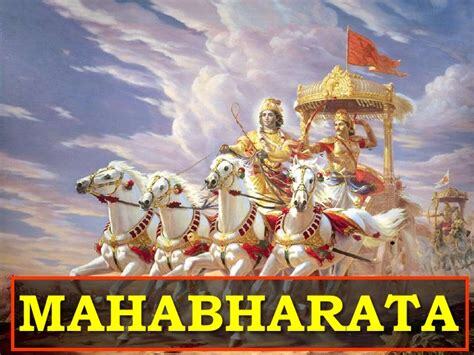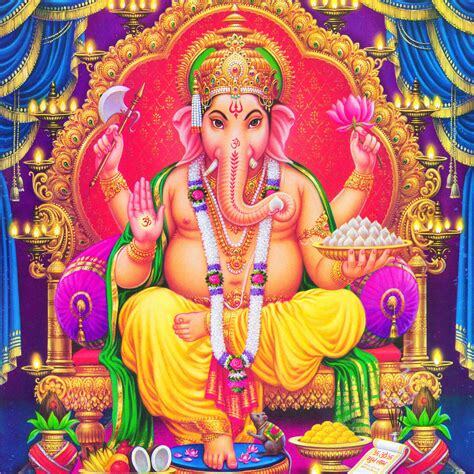Deciphering India’s Oral History via the Mahabharata

Episode 7 Epic History: The Mahabharata
A History of India
Michael Fisher (2016)
Film Review
The Mahabharata, the third Sanskrit epic Fisher analyzes, is the longest literary text in history. Twice the length of the Bible, it consists of 18 major and ten minor books.
Devout Hindus believe that Vyasa dictated the Mahabharata to the elephant-headed god Ganesha, the overcomer of obstacles. However historians believe it was composed over 900 years – between the 5th century BC and the 4th century AD.

Translated as “The Great Account of the Ancient Bharata Royal Dynasty,” this epic poem principally concerns detailed military encounters between rival Hindu kingdoms.
Very briefly the plot concerns the descendants of King Shantanu, who ruled Hasanapura on the upper Ganges River. An extremely virtuous man, he initially went straight to heaven (instead of being reborn). However after having impure thoughts about Ganga, the goddess of the Ganges River, he was forced to be reincarnated.

Somehow convincing the goddess to be reincarnated with him, she set a condition that he never question any of her actions. After watching her drown seven healthy infant sons, he questions her following the birth of the eighth. Although this results in her immediate return to heaven, she allows the 8th son, Bishina, to survive. In turns out all the previous sons were reincarnated gods cursed for a minor fault.
Shantanu then remarries a fisherwoman, who arranges for her illegitimate son to impregnate her daughters-in-law. One of them, Kunti, also has six sons by six gods (sun god, Dharma, Indra, the god of fierce winds and the twin gods of prosperity) by chanting a divine mantra. Known as the Pandavas, her six youngest sons become known as the Pandavas and claim the throne through their indirect relation to Shantanu.
The Kauravas are cousins of the Pandavas, who also claim the Hasanapua throne. After many battles, the families eventually agree to divide the kingdom.
The Pandavas get the forested area, which they burn to build the capitol city of their Kuru kingdom Indraprastha (now New Delhi). Their King Judistera ends up losing his kingdom and being sold into slavery, along with his family, in a game of dice (in which his dharma* forces him to compete). After demanding a rematch, he loses again, with a new penalty of 12 years in exile and one year in disguise.
[image error]
He returns from exile to face a renewed war with the Kauravas. Prior to battle he engages in dialogue with Prince Krishna, his chariot driver, adviser and and brother-in-law. This dialogue becomes known as the Bhagavad Gita or the Lord God’s song.
After an 18 day battle, all the warriors break dharma and nearly all die. The result is the start of Kaliyaga, the thousands of years of disorder, immorality and war we live in today.
[image error]
*Dharma is a Hindu concept referring to an individual’s duty fulfilled by observance of universal law, righteousness, social duties and good qualities.
Film can be viewed free on Kanopy.
https://pukeariki.kanopy.com/en/pukeariki/video/366254/366185
The Most Revolutionary Act
- Stuart Jeanne Bramhall's profile
- 11 followers



